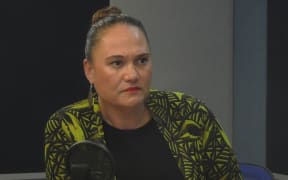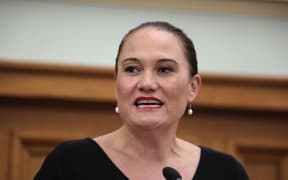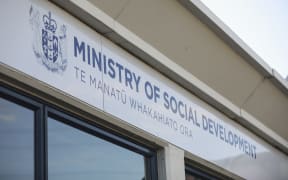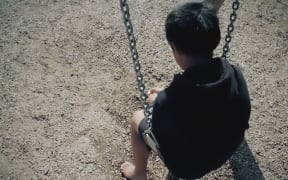Beneficiary advocates want urgent changes to the rules around relationships in the welfare system.

Photo: 123RF
Child Poverty Action Group, Auckland Action Against Poverty, and Action Station have written an open letter to Prime Minister Jacinda Ardern, saying the rules are punitive and harmful.
They say beneficaires should be treated as individuals and shouldn't have their payments reduced or cut entirely if they get into a relationship in the nature of a marriage.
"Right now, the government is isolating people and punishing them for supporting each other during hard times, instead of encouraging people to build strong connections and support networks," the letter, being released today, reads.
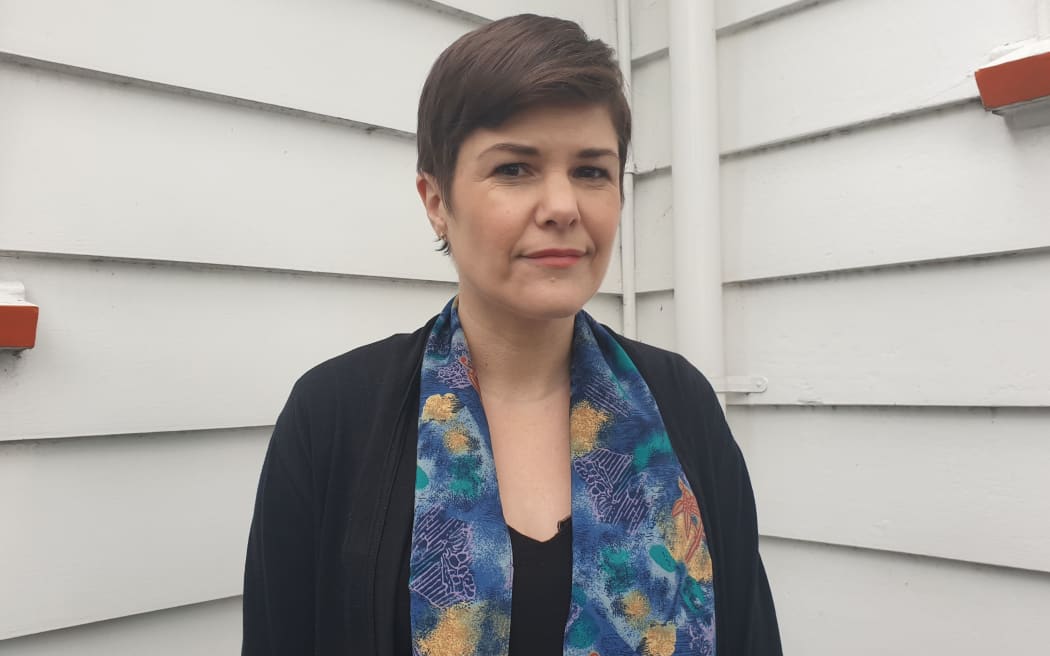
Hannah McGowan Photo: RNZ / Sarah Robson
Hannah McGowan is raising two teenagers on the supported living payment, what used to be known as the invalid's benefit.
She said it was unimaginably hard to try and negotiate being in a relationship while on a benefit.
"I've tried to engage in relationships where I lost my benefit because they were working but they weren't earning enough to sort of help us out, so I had to work.
"[That] resulted in a complete physical and mental breakdown, which resulted in us having to separate, which affected me and my children."
Ms McGowan has also been in situations where her partner has been added to her benefit.
"I get slightly more money because they have sacrificed working so they can care-take me, basically. But those people have been quite resentful of the fact that they're now living in poverty, they can't work and they're supporting someone with a lot of extensive and complicated medical needs."
The rules put new couples under a lot of pressure, Ms McGowan said.
"Because you have a very, very short of amount of time to decide whether or not you're going to basically jump into a relationship that's in the nature of marriage, or walk away completely and never see each other again, you very quickly get into these scenarios where you don't really know the person that you're living with."
Those relationships could also turn abusive and while financially dependent on the partner, it could be hard to leave, Ms McGowan said.
Child Poverty Action Group founding member Susan St John said it was difficult to pin down exactly what a relationship in the nature of marriage is.
"Unfortunately, the checklist that the [Ministry of Social Development] provides is very, very vague. It's got a whole lot of criteria like - 'do you share household bills? Do people think of you as a couple? Do you have emotional support and companionship? Shared responsibilities, for example, bringing up children?' - those types of things, which aren't terribly helpful."
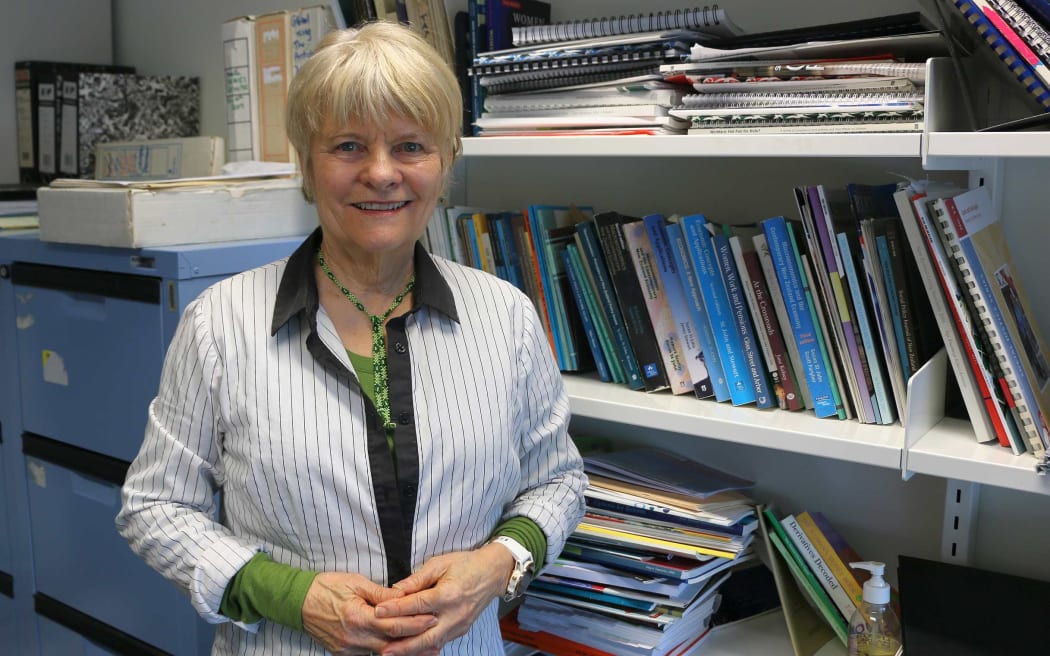
Susan St John from Child Poverty Action Group Photo: RNZ Insight / Sarah Robson
But Ms St John said the consequences of getting it wrong could be serious.
"We're very concerned because those that fall foul of the relationship rules can end up financially very disadvantaged, at best. At worst, they can end up being investigated and prosecuted."
The solution would be to treat beneficiaries as individuals regardless of their relationship status, Ms St John said.
That includes removing the couple penalty, by raising the married person benefit rate to the same as the single rate, and allowing each person to earn additional income as they would be able to if they were single.
Sole parents should also be allowed to keep their benefit, if they wish, until such time as they meet the criteria under the Property (Relationships) Act.

Ricardo Menendez March of Auckland Action Against Poverty. Photo: Supplied
Auckland Action Against Poverty co-ordinator Ricardo Menendez March said the status quo put people in a lose-lose situation.
"If you don't declare that you're dating or in a relationship with somebody, you may face punitive punishing investigation by MSD, but if you are honest you may lose all of your benefit and then be forced to depend on this new partner. This is not a welfare system based on support."
The open letter to the prime minister has also been signed by Fincap, CCS Disability Action, The Aunties, the sexual abuse support service HELP, and the National Network of Stopping Violence Services.

